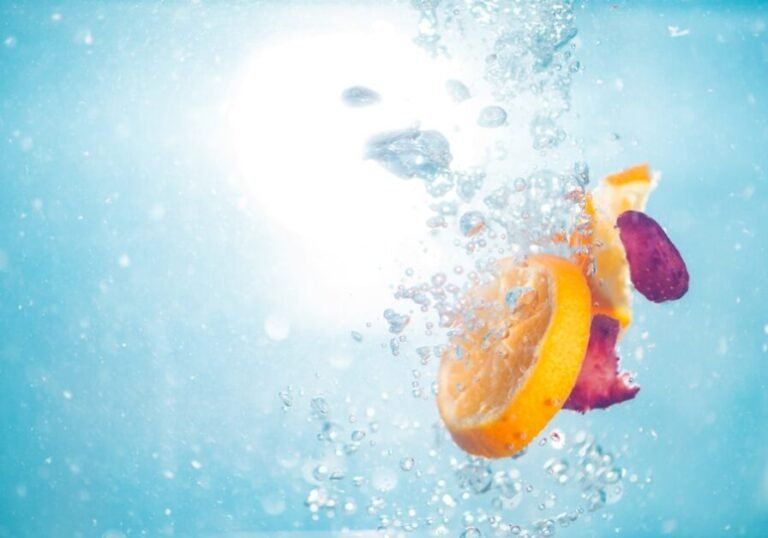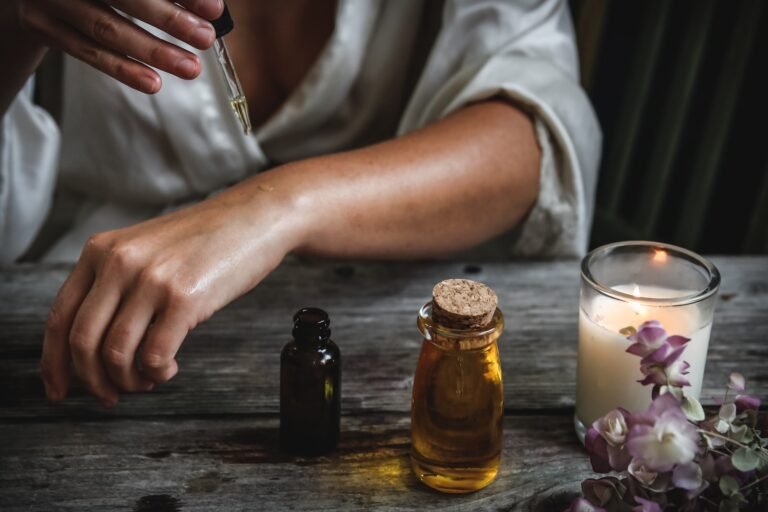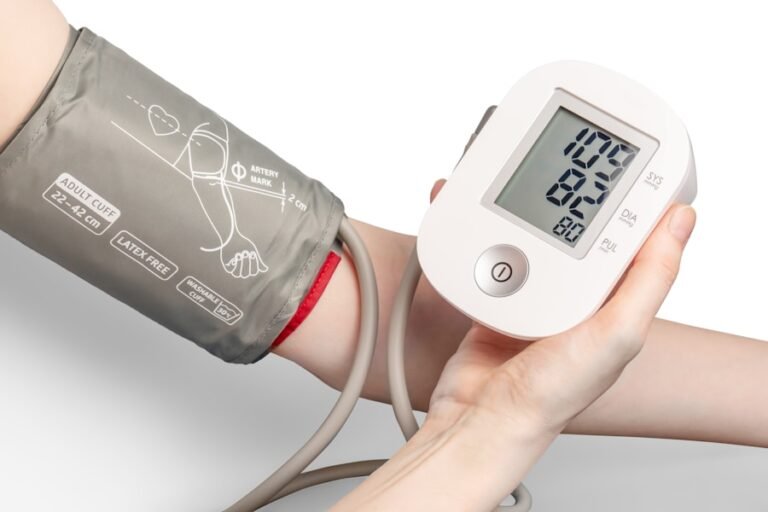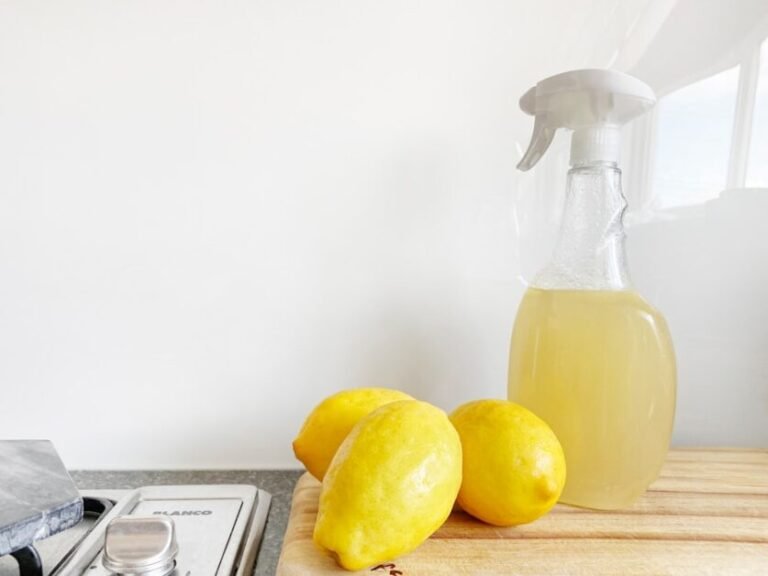The Ultimate Guide to Relieving Can\’t Pee with Natural Remedies
Can’t pee, also known as urinary retention, is a condition where an individual is unable to empty their bladder completely or at all. It can be a frustrating and uncomfortable experience, and understanding the causes and natural remedies for can’t pee is crucial for finding relief. This article will explore the common causes of can’t pee, the importance of natural remedies, and various methods to alleviate the symptoms.
Understanding the Causes of Can’t Pee
There are several factors that can contribute to can’t pee. One common cause is a blockage in the urinary tract, such as a kidney stone or an enlarged prostate in men. Other medical conditions that can lead to can’t pee include urinary tract infections, bladder muscle dysfunction, nerve damage, and certain medications. Lifestyle factors such as dehydration, stress, and holding urine for extended periods can also contribute to this condition.
The Importance of Natural Remedies for Can’t Pee
Natural remedies for can’t pee offer several benefits compared to medication. Firstly, they often have fewer side effects and are generally safer to use. Many medications used to treat urinary retention can have adverse effects on other parts of the body, such as the digestive system or cardiovascular system. Secondly, natural remedies promote overall health and wellness. They often work by addressing the underlying causes of can’t pee rather than just alleviating the symptoms.
Hydration: The First Step to Relieving Can’t Pee
Staying hydrated is crucial for maintaining proper urinary function. Dehydration can lead to concentrated urine, which can irritate the bladder and make it difficult to empty completely. To stay hydrated, it is recommended to drink at least eight glasses of water per day. Additionally, consuming foods with high water content, such as fruits and vegetables, can also contribute to hydration.
The Power of Herbal Teas in Relieving Can’t Pee
Certain herbal teas have diuretic properties that can help with can’t pee. Dandelion tea, for example, is known for its ability to increase urine production and promote bladder health. Other herbal teas such as nettle tea and green tea can also have diuretic effects. However, it is important to exercise caution when using herbal teas, as some may interact with medications or have adverse effects on certain individuals.
The Role of Cranberry Juice in Can’t Pee Relief
Cranberry juice is often recommended for urinary tract health, and it can also help with can’t pee. Cranberries contain compounds that prevent bacteria from adhering to the walls of the urinary tract, reducing the risk of infection and inflammation. Research has shown that cranberry juice can be effective in preventing urinary tract infections and promoting bladder health. However, it is important to choose unsweetened cranberry juice to avoid consuming excessive amounts of sugar.
Aloe Vera: A Natural Remedy for Can’t Pee
Aloe vera has been used for centuries for its medicinal properties, and it can also help with can’t pee. Aloe vera has anti-inflammatory properties that can soothe the bladder and reduce inflammation. It also has a mild diuretic effect, which can help promote urine flow. Research has shown that aloe vera can be effective in relieving symptoms of urinary retention. However, it is important to use pure aloe vera gel or juice and avoid products that contain additives or preservatives.
The Benefits of Probiotics in Can’t Pee Relief
Probiotics are beneficial bacteria that can help maintain a healthy balance in the urinary tract and prevent infections. They can also help with can’t pee by promoting proper digestion and reducing inflammation in the bladder. Research has shown that certain strains of probiotics can be effective in preventing urinary tract infections and improving urinary function. However, it is important to choose high-quality probiotic supplements and consult with a healthcare professional before starting any new regimen.
The Role of Magnesium in Relieving Can’t Pee
Magnesium is an essential mineral that plays a role in muscle function, including the muscles of the bladder. It can help relax the bladder muscles and promote proper urine flow. Research has shown that magnesium supplementation can be effective in relieving symptoms of urinary retention. However, it is important to consult with a healthcare professional before starting any new supplement regimen, as excessive magnesium intake can have adverse effects.
The Healing Properties of Essential Oils in Can’t Pee Relief
Certain essential oils have properties that can help with can’t pee. For example, chamomile oil has anti-inflammatory properties that can soothe the bladder and reduce inflammation. Peppermint oil has a cooling effect that can provide relief from discomfort. However, it is important to dilute essential oils properly and use them with caution, as they can be potent and may cause skin irritation or allergic reactions.
The Power of Exercise in Relieving Can’t Pee
Exercise can help with can’t pee by promoting overall health and improving muscle tone. Regular physical activity can strengthen the pelvic floor muscles, which play a crucial role in bladder control. Kegel exercises, in particular, can be beneficial for individuals with urinary retention. It is important to start slowly and gradually increase the intensity of exercise to avoid overexertion or injury.
The Importance of Seeking Medical Attention for Chronic Can’t Pee
While natural remedies can provide relief for occasional episodes of can’t pee, it is important to seek medical attention if the symptoms persist or become chronic. Chronic urinary retention can lead to complications such as urinary tract infections, kidney damage, or bladder stones. A healthcare professional can perform a thorough evaluation to determine the underlying cause of the condition and recommend appropriate treatment options.
Understanding the causes and natural remedies for can’t pee is crucial for finding relief and promoting overall health and wellness. Hydration, herbal teas, cranberry juice, aloe vera, probiotics, magnesium, essential oils, and exercise are all natural remedies that can help alleviate symptoms. However, it is important to exercise caution and consult with a healthcare professional before starting any new regimen. If symptoms persist or become chronic, seeking medical attention is essential to prevent complications and ensure proper treatment.







